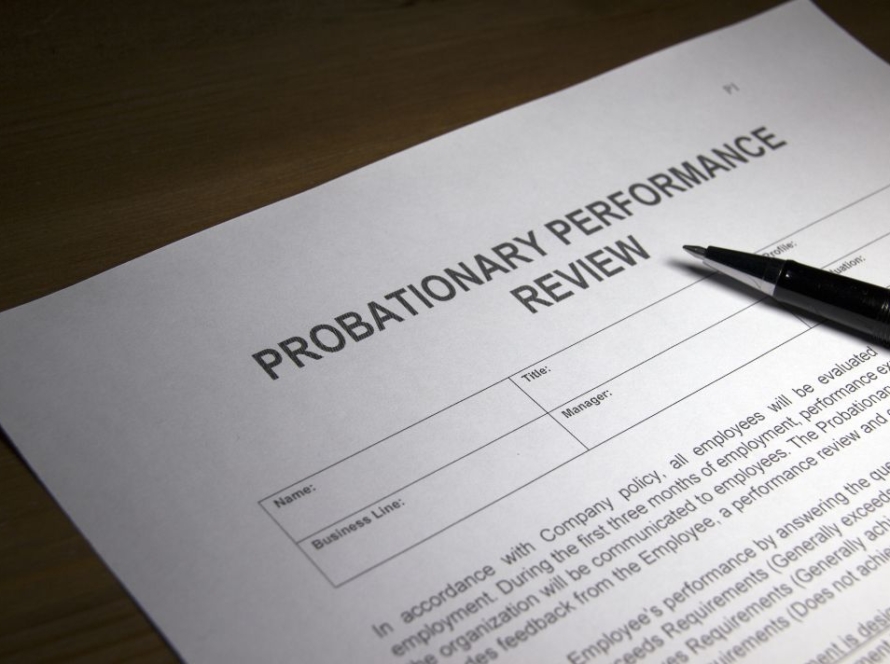Maryland trial attorney Katherine Oates’ client was charged with a misdemeanor offense for driving on a suspended license in Montgomery County. Maryland is tough on defendants charged with driving while suspended, and Oates’ client was facing his second charge, so the potential criminal and administrative consequences of another conviction were serious.
A subsequent driving while suspended conviction carries up to 2 years in jail, up to a $1,000.00 fine, or both. A conviction also results in 12 points on a Maryland license, which leads to the Motor Vehicle Administration’s revocation of the defendant’s driver’s license privileges. Oates’ client was a middle-aged man and construction worker, working to support his immediate and extended family. Serving jail time – which would pull him away from his family and negatively affect his employment status – and losing his driving privileges – which he needed to get to and from job sites – were not options.
Oates’ client maintained that he did not know his license had been suspended the second time, nor did he know that the underlying suspension was because he had accumulated too many points on his license. After reviewing the client’s official driving record with the Motor Vehicle Administration – provided by the State as evidence to show that a notice of suspension was mailed to the client – that the address the Administration had on file was an old address.
To convict on a driving while suspended charge, the State must prove, beyond a reasonable doubt, that the defendant: (1) was driving; (2) that his license was suspended; and (3) that he knew, or should have known, that his license was suspended.
Oates knew that her client’s driving record, showing multiple notices of suspension mailed to his address with the Administration, created a presumption that he had knowledge of the suspension. Maryland law is clear that licensees have a duty to notify the Administration of a change in address, and that not doing so can be interpreted as deliberate or willful ignorance of an underlying suspension in a driving while suspended case.
Fighting the case in the Montgomery County District Court, Oates attempted to negotiate a plea with the handling prosecutor to a related offense that did not carry jail-time, pointing out that the state would have a hard time proving the element of knowledge. The prosecutor would not budge.
At trial, the prosecutor entered the client’s driving record into evidence, arguing that the client was essentially avoiding the notice of suspension. During cross-examination of the officer who wrote the ticket for driving on a suspended license, Oates drew out evidence that, during her client’s interaction with the officer, the client indicated that he did not know why his license had been suspended, or that it was suspended at all, and that the address on his license at the time was not his current address. She highlighted the fact that his driving record clearly showed that he filed a change of address with the Administration almost immediately after he was stopped by the officer. She argued that he was not previously trying to avoid compliance with the Administration’s rule to escape a suspension notice – he did not know that the rule was in place until the officer told him when he was pulled over. When he learned of the rule, he complied.
After hearing evidence and arguments from both sides, the presiding Judge found that the state did not prove that Oates’ client knew of the underlying suspension. He was found not guilty of all charges, avoiding jailtime away from his family, a massive fine and a revoked license.



